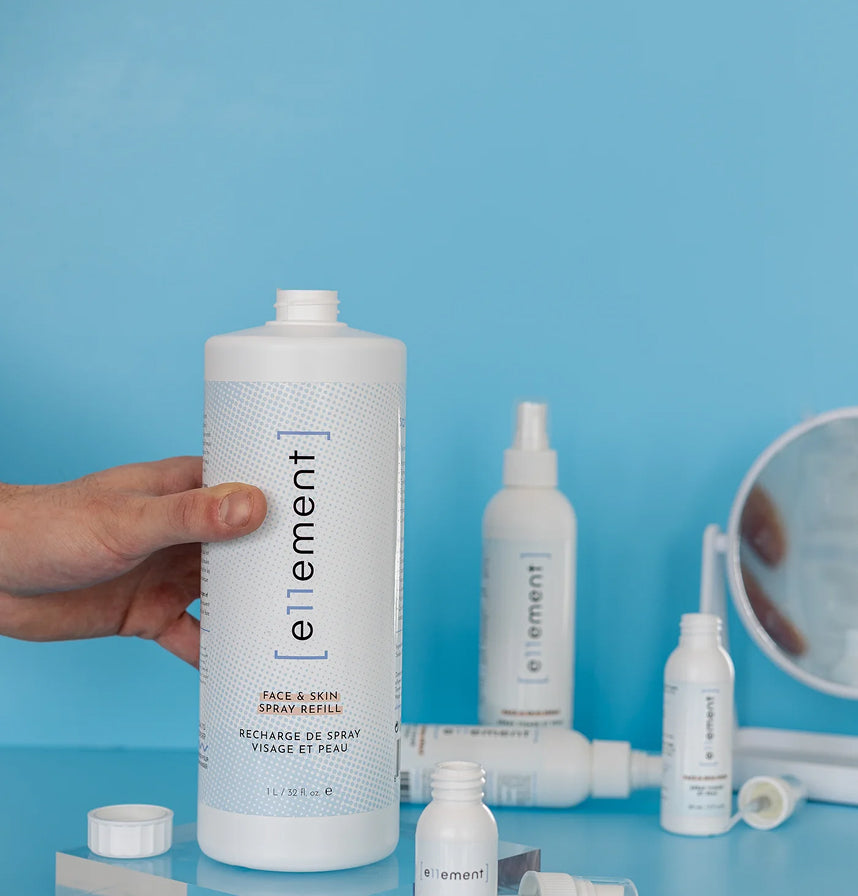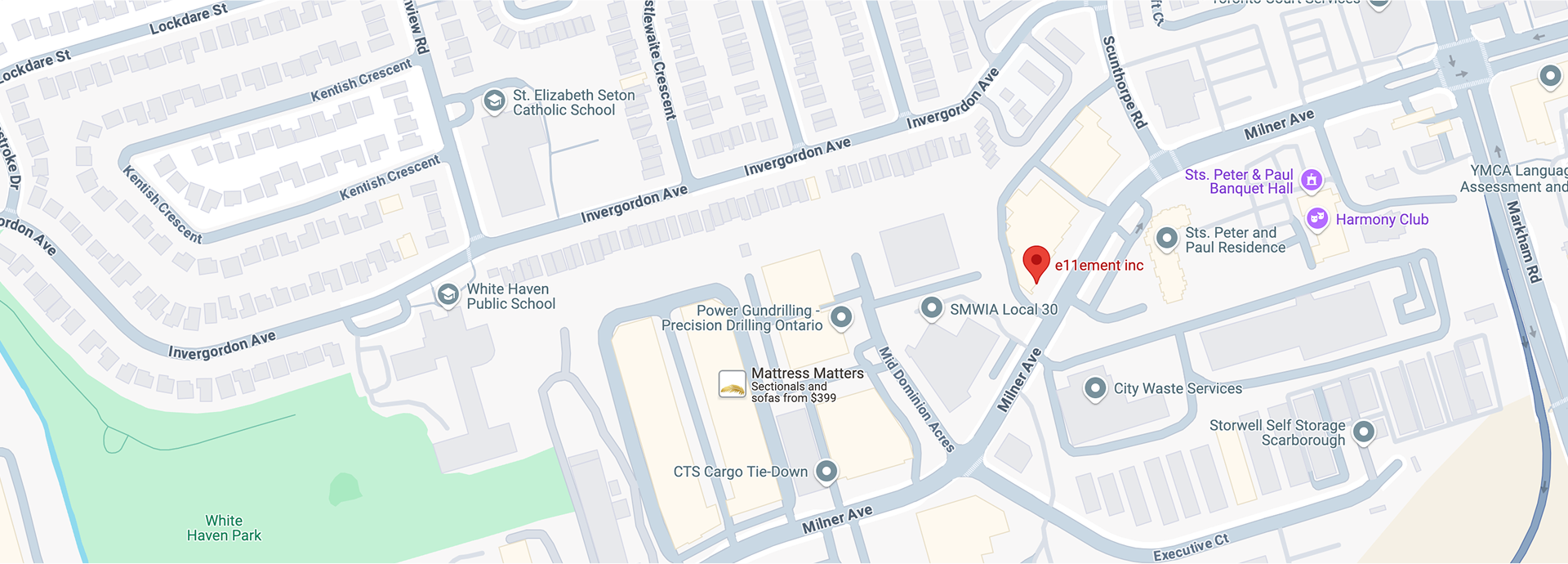Winter often brings with it more than just cold winds and dry air. For many, it’s a season when cystic acne tends to worsen due to dehydration, irritation, and compromised skin barriers. While many acne treatments become too harsh during colder months, one ingredient has gained attention for being both powerful and gentle: hypochlorous acid (HOCl). Understanding how hypochlorous acid helps cystic acne in harsh winters can make a real difference in maintaining healthy, calm, and balanced skin throughout the season.
What Is Hypochlorous Acid?
Hypochlorous acid is a naturally occurring compound produced by white blood cells as part of the body’s immune defense. It helps to fight bacteria, calm inflammation, and promote healing. In skincare, hypochlorous acid is formulated in stable, safe concentrations to mimic this natural response, providing antimicrobial and soothing benefits to the skin.
Unlike strong chemical treatments that can strip away essential moisture, hypochlorous acid is gentle enough for even sensitive or compromised skin. This makes it an ideal solution for managing cystic acne during the cold months when the skin barrier is already under stress.

Why Cystic Acne Worsens in Winter
Before exploring how hypochlorous acid helps, it’s important to understand why winter triggers acne flare-ups. The cold weather and low humidity pull moisture from the skin, leading to dryness and irritation. In response, the skin’s sebaceous glands may produce more oil to compensate. This excess oil can clog pores, trapping bacteria and dead skin cells inside, which often leads to cystic acne: deep, inflamed, and painful pimples under the skin.
Additionally, indoor heating and hot showers further dehydrate the skin, weakening its natural barrier. This not only allows acne-causing bacteria to thrive but also makes existing breakouts harder to heal. Many topical treatments, such as benzoyl peroxide or retinoids, can become too drying, worsening irritation.
That’s where hypochlorous acid offers a balance, providing antibacterial protection without compromising hydration or skin comfort.
How Hypochlorous Acid Helps Cystic Acne in Harsh Winters
1. Gentle Antibacterial Action
Hypochlorous acid targets acne-causing bacteria, such as Cutibacterium acnes, without the harshness of alcohol or strong acids. During winter, when skin is more fragile, this gentle antibacterial action prevents infection and reduces the formation of new cystic lesions.
Its ability to kill bacteria while maintaining the skin’s natural balance makes it an excellent alternative to harsher acne treatments. This is a key reason why dermatologists recommend hypochlorous acid sprays or toners for acne-prone and sensitive skin types, especially during cold months.
2. Reduces Inflammation and Redness
Cystic acne is often accompanied by deep inflammation and painful swelling. Hypochlorous acid helps calm this reaction by soothing the immune response in the affected area. Its anti-inflammatory properties can visibly reduce redness and discomfort, making skin appear calmer even in harsh weather conditions.
In winters, the combination of dry air and acne treatments can easily trigger flare-ups. A regular application of hypochlorous acid spray can keep inflammation under control while promoting a balanced complexion.
3. Supports Skin Barrier Recovery
The skin barrier is the first line of defense against environmental stressors. Cold air, wind, and indoor heating can all disrupt it, leading to increased sensitivity and breakouts. Hypochlorous acid assists in restoring this barrier by helping the skin repair itself naturally.
By keeping the skin hydrated and protected, it reduces the likelihood of breakouts triggered by external irritants. The gentle formulation allows continuous use even on irritated skin—something many traditional acne treatments cannot offer.
4. Accelerates Wound Healing
Cystic acne often leaves behind marks, scabs, and scars that take time to heal. Hypochlorous acid promotes faster skin regeneration by supporting the body’s natural healing mechanisms. It enhances oxygenation and cell renewal, helping acne wounds recover more quickly without leaving long-lasting pigmentation.
For individuals prone to post-acne scars, this property makes hypochlorous acid an invaluable addition to winter skincare routines.
5. Safe for Daily Use with Other Treatments
Another reason how hypochlorous acid helps cystic acne in harsh winters is its compatibility with other skincare products. It can be layered with moisturizers, serums, and prescription treatments without causing irritation.
In fact, using hypochlorous acid as a first step after cleansing helps prepare the skin for better absorption of subsequent products. It also minimizes the risk of irritation caused by active ingredients like retinoids or exfoliating acids.
How to Use Hypochlorous Acid in a Winter Skincare Routine
Step 1: Cleanse Gently
Start with a mild, hydrating cleanser that doesn’t strip natural oils. Avoid harsh foaming cleansers or those with strong surfactants.
Step 2: Apply Hypochlorous Acid Spray or Toner
After cleansing, mist or dab hypochlorous acid over the entire face, focusing on acne-prone areas. Allow it to air dry naturally. This step helps reduce bacteria and calm irritation immediately.
Step 3: Moisturize and Protect
Follow with a rich, non-comedogenic moisturizer to lock in hydration. During the day, apply sunscreen even in winter to protect from UV damage that can worsen acne scars.
Step 4: Consistency Is Key
Using hypochlorous acid daily, both morning and night, helps maintain skin balance and prevent cystic acne flare-ups throughout the winter season.
Why Hypochlorous Acid Is Different from Other Acne Treatments
Traditional acne treatments often rely on ingredients like benzoyl peroxide, salicylic acid, or retinoids. While effective, they can be too harsh in cold weather, stripping moisture and increasing sensitivity.
Hypochlorous acid offers a gentler path to clear skin. It doesn’t cause dryness, peeling, or burning sensations. Instead, it supports the skin’s natural healing process while maintaining hydration and resilience, a crucial factor during harsh winters.
Conclusion: A Winter-Ready Solution for Cystic Acne
Understanding how hypochlorous acid helps cystic acne in harsh winters reveals why it’s becoming an essential part of modern skincare. Its ability to reduce bacteria, calm inflammation, support healing, and protect the skin barrier makes it an effective yet soothing option for those struggling with acne in cold weather.
By adding hypochlorous acid to your daily winter skincare routine, you can achieve clearer, healthier-looking skin without the irritation that often accompanies traditional acne treatments. It’s a simple, science-backed approach that works harmoniously with your skin’s natural defenses, keeping it calm, balanced, and resilient all winter long.























